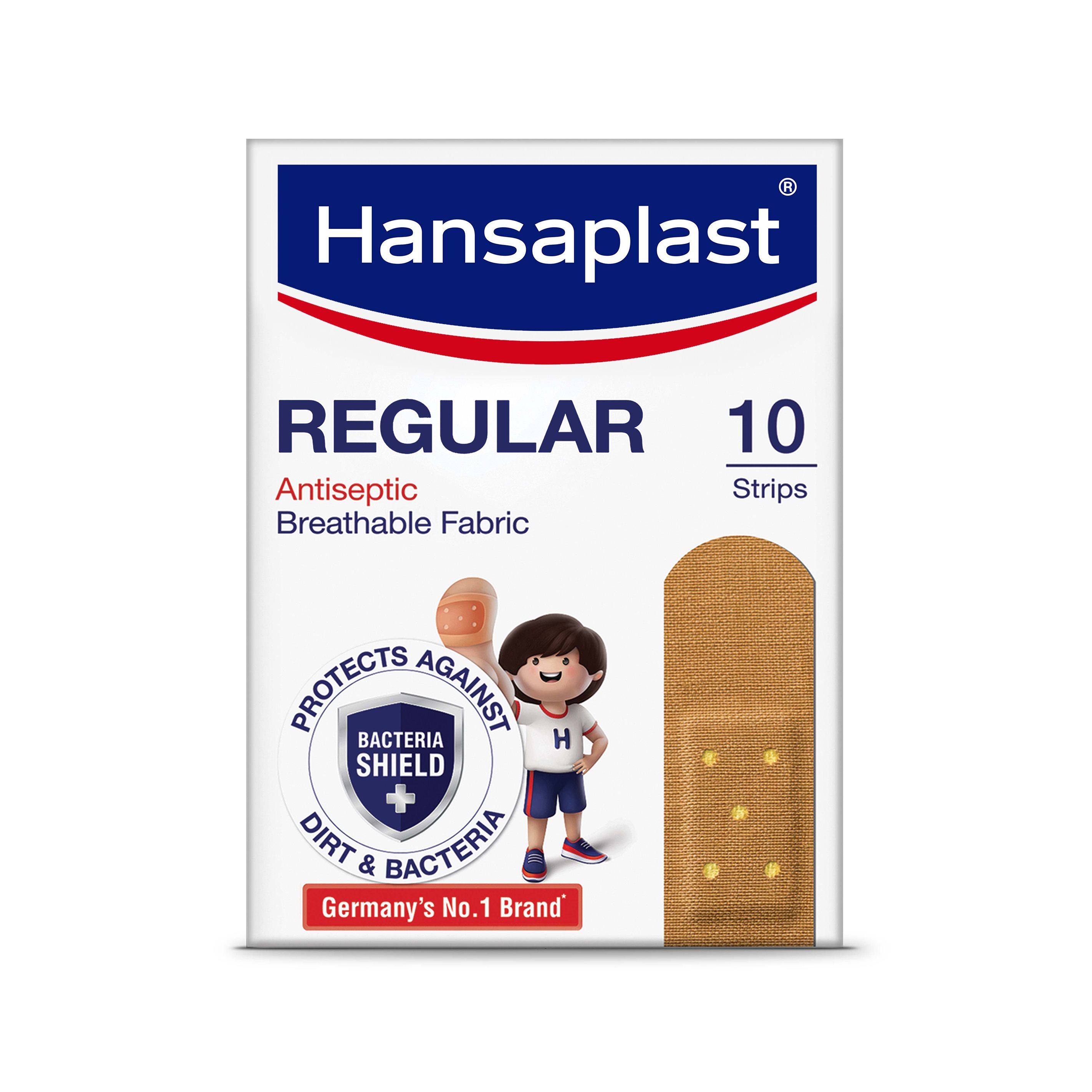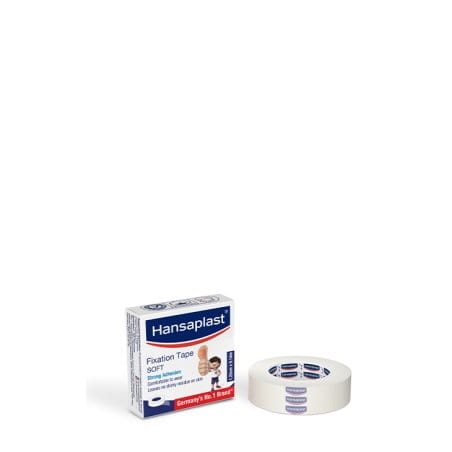Back pain is a common complaint that affects most people at some point in their lives. It can range from a mild ache to severe, chronic discomfort that interferes with daily activities. While it is possible to treat some forms of back pain at home with rest, heat therapy or over-the-counter pain medications, there are also times when it is important to see a doctor for proper diagnosis and treatment.
So how can one tell when to consult a doctor for back pain treatment?
Here are 3 signs that mean it’s time to take your back pain to the doctor.
- Severe pain: If the pain is so severe that it is difficult to walk, stoop, or move around, it is important to seek medical attention.
- Persistent pain: Another reason to see a doctor for back pain is if the pain is persistent and does not go away after a few weeks. Chronic back pain’s causes range from osteoarthritis to degenerative disc disease, spinal stenosis.
- Additional symptoms: It is also important to see a doctor if you’re experiencing unusual back pain symptoms such as numbness, tingling, or a fever.
In addition, if the pain is the result of an injury or accident, seeing a doctor is recommended in order to rule out any serious injuries.
Whom to consult for back pain?
If you’re looking to better understand your back pain’s causes, you should consult your family physician. Based on their assessment, they can recommend the right course for back pain treatment. They can also recommend you to a physical therapist, or a spine or pain specialist.
In conclusion, while it is possible to treat some forms of back pain at home, it is important to see a doctor if the pain is severe, persistent, or accompanied by other symptoms such as numbness, weakness or a fever. By consulting your doctor you can get a proper diagnosis and treatment plan to help alleviate your back pain and improve your overall quality of life.
Disclaimer
Please note that the above recommendations are general care tips. Consult a healthcare professional in case of any uncertainty around wound treatment and healing.
Always see your doctor if a wound is deep, bleeding profusely or showing signs of infection. For diabetic patients especially, proper wound care holds the utmost importance. Do not hesitate to discuss any concerns you may have with your doctor or your podiatrist, even when it comes to minor wounds and cuts – especially if they’re on your feet.
The information provided through this website should not be used to diagnose or treat a health problem or disease. Although compiled with great care, it is not a substitute for professional advice. If you have or suspect a health problem, consult your doctor immediately.
For further information regarding Hansaplast products, please contact us via email at customer.care@bdfindia.com

